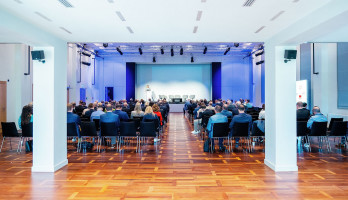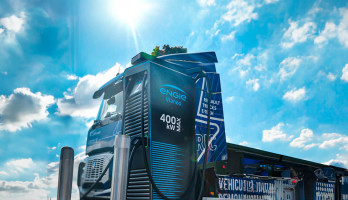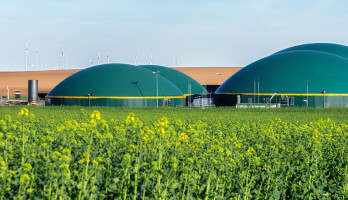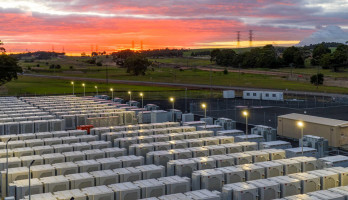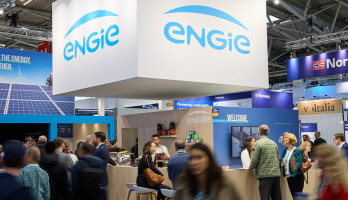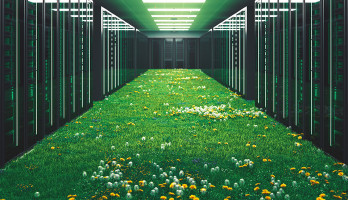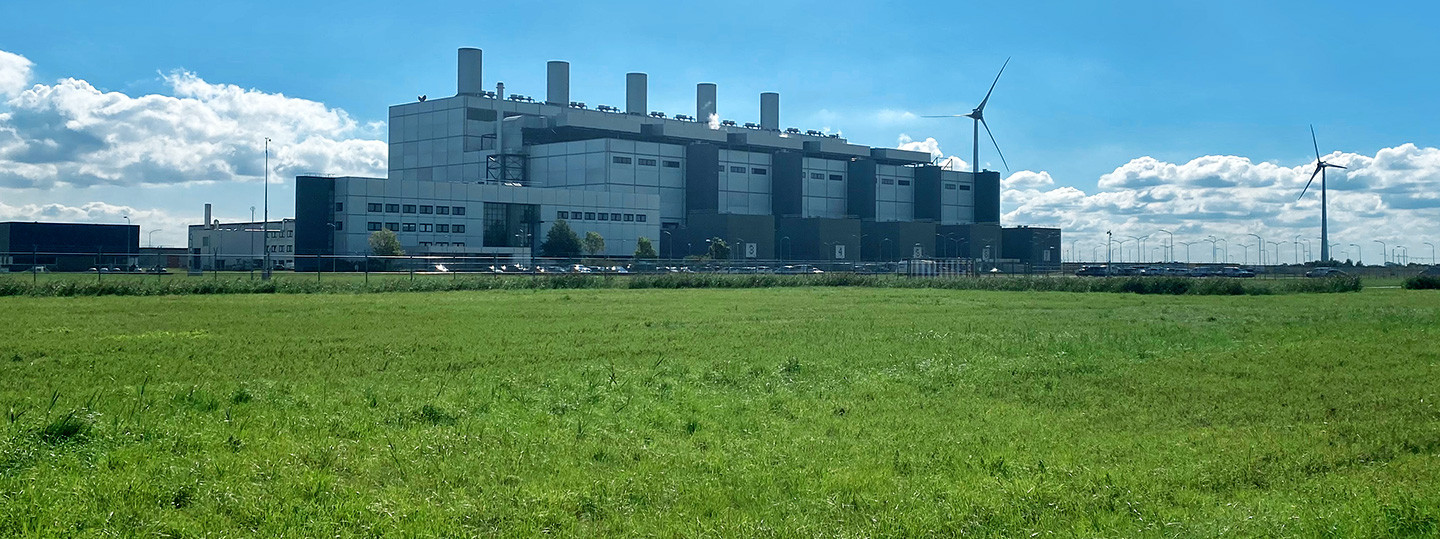
HyNetherlands project – new hydrogen hub for the region and Europe
With "HyNetherlands", the ENGIE Group is driving forward the European energy transition. As part of the cooperation project, a hydrogen hub is being built in the north-east of the Netherlands. From 2025, large amounts of green hydrogen will be produced there by electrolysis processes for the region and all of Europe. The project partner is the transmission system operator Gasunie.
Hydrogen Hub Project Overview
"HyNetherlands" is a milestone for a strong, independent European hydrogen economy. As part of the project, the ENGIE Group is developing sustainable structures and processes for energy production, as well as for the distribution and storage of green hydrogen. Gasunie is responsible for the transport infrastructure for which the system operator uses, among others, former natural gas pipelines.
The core component of the project is the creation of an electrolysis plant with a production capacity of approximately 11,800 tons of hydrogen per year. HyNetherlands is therefore one of the largest hydrogen plant projects in Europe. For the undertaking, ENGIE is using one of its existing power plant locations and existing infrastructure to realize the electrolysis plant. This efficient procedure saves considerable investment costs, for example by the already existing grid connection, access to an existing water treatment system and an existing cooling water system.
Excellent site conditions for the new hydrogen hub
The hydrogen hub is being created in the Groningen region around the seaport of Eemshaven. As a business location, the area with its industrial character offers ideal conditions. The immediate vicinity to Germany and the extensive wind power make Eemshaven a future hub for green energy. Even in geological terms, the region is ideal. It has large salt caverns that can be used as hydrogen storage in the future. Last but not least, the surrounding harbor regions of Amsterdam, Rotterdam and Antwerp, in addition to Emshaven, provide excellent logistic connections to shipping.
Three construction phases for progressively more power
In order to secure production and transport capacities for the future, HyNetherlands was divided into three construction phases. The step-by-step procedure makes it possible to incorporate the experience from the previous construction phases into the project management. Moreover, it will be possible to react flexibly to the real demand for hydrogen in Europe in the coming years.
- In the first step, an electrolyzer with an output of approximately 100 megawatts is to be produced.
- In the second phase of construction (up to 2025), the electrolytic capacity is expected to increase to 750 megawatts.
- By the end of the 2030s, the electrolysis output should grow to almost one gigawatt, depending on real demand.
Green hydrogen for the Netherlands and Europe
Hydrogen production is intended to serve the Dutch industry and the transport sector. There is a high demand for green hydrogen around Emshaven alone, which has so far been predominantly produced using natural gas. Furthermore, exports to other European countries are planned – especially Germany. In this respect, another advantage of location comes into play: the immediate vicinity of the German border and the existing gas interconnections between the Netherlands and the Federal Republic. "HyNetherlands" will play an important role in the German hydrogen supply in the future. Another major customer is Belgium.
